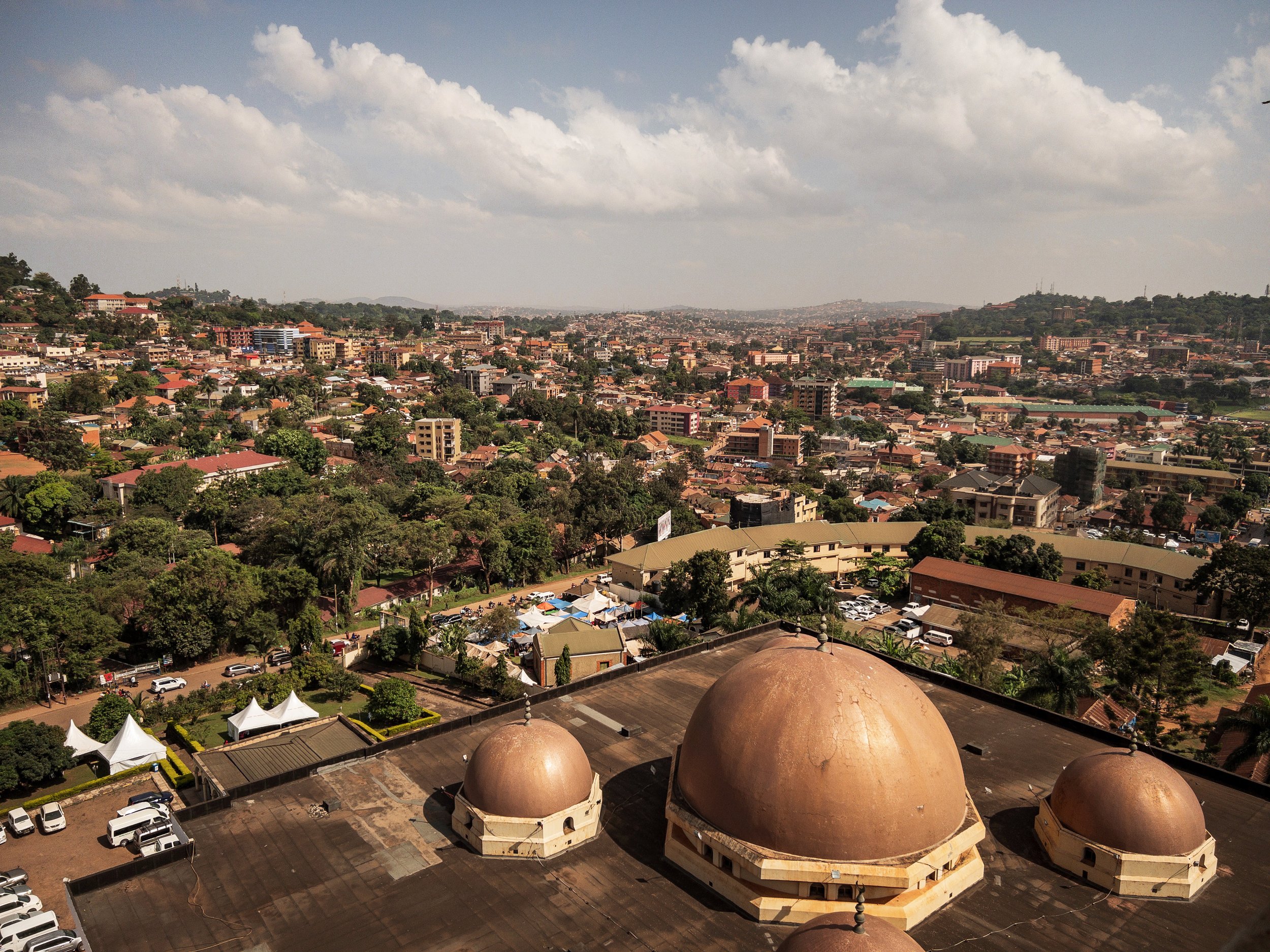
UGANDA
COUNTRY #24
SARAFINA


About The Batwa
The Batwa tribe of Uganda has a rich cultural history and is one of the oldest inhabitants of the African Great Lakes region. Also known as Twa or Pygmy, they are an ethnic group that is found primarily in northwest Uganda. Living in relative isolation since ancient times, they have managed to maintain their unique cultural identity throughout the centuries. The Batwa are semi-nomadic hunters and gatherers who live by subsistence farming; given their lifestyle, they rely heavily on their surrounding environment for their livelihoods. Often marginalized and excluded within modern Ugandan society, many Batwa people still reside in the rainforest and practice a way of life heavily dependent on their natural environment for sustenance. In the 1990’s, the Batwa were displaced from their ancestral land by the government of Uganda to create the Bwindi Impenetrable Forest National Park and the Mgahinga Gorilla National Park. The Batwa had resided on this land for centuries. Due to government regulations and an initiative to secure the conservation and protection of the mountain gorillas that inhabit the region, they are now being evicted without compensation or relocation aid. As a consequence of this forced removal from their homes and traditional livelihoods, many members of the Batwa community face extreme poverty and lack access to basic resources needed for survival.

About Uganda
Uganda is a small East African country located between the countries of Kenya, Democratic Republic of Congo, Tanzania, and South Sudan. Located on the north shore of Lake Victoria, this landlocked nation is known for its natural beauty and diverse history. Uganda has been through many eras of change due to the numerous rulers it has seen over the centuries. The country's pre-colonial history dates back to the Iron Age when various empires formed throughout the region. During its colonial period, Uganda was ruled by multiple kingdoms from 1500-1800. Much of Uganda was administered by British rule until it was declared an independent country in 1962 by Prime Minister Milton Obote. In 1971, despot Idi Amin took power after a military coup and led to decades of disruption for Uganda before Yoweri Museveni took power in 1986. This ushered in a new era of political stability that continues today with Museveni still serving as President. Despite its tumultuous history, Uganda is currently stable and serves as one of Africa's strongest economies having experienced strong gains since the early 2000’s.

TRAVELOGUE
Chapter 24: Uganda
Coming Soon…


